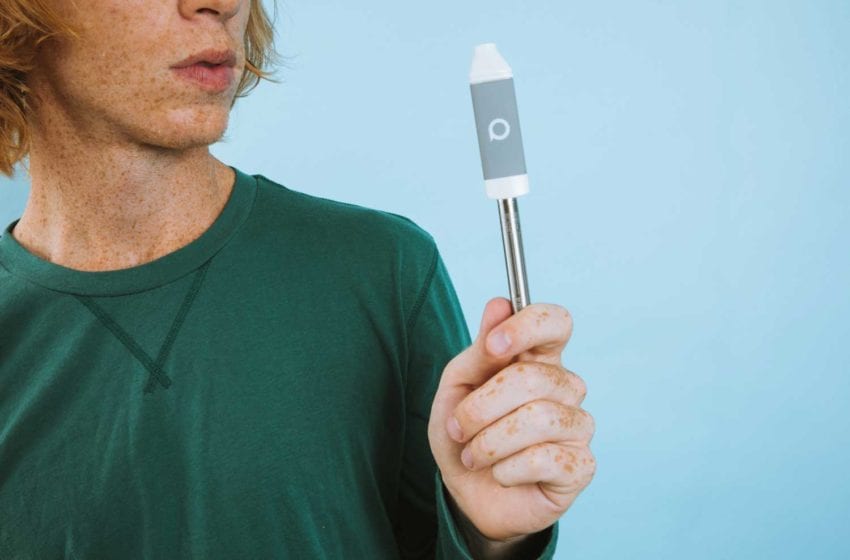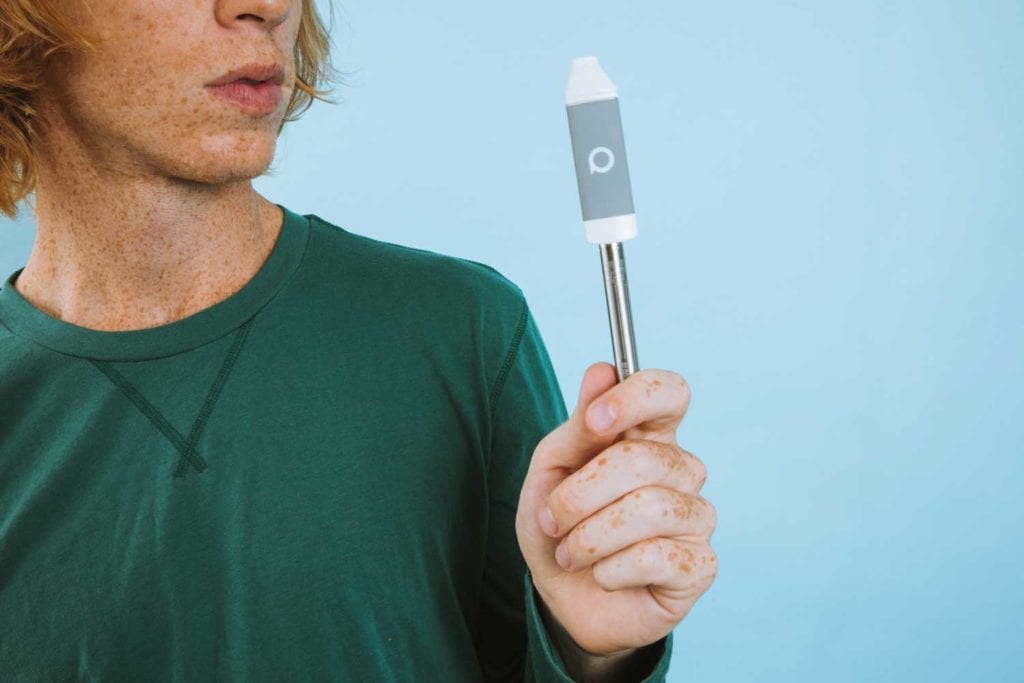
The number of vapers in the U.K. declined by 400,000 since last year, despite mounting evidence that e-cigarettes are effective smoking-cessation aids, according to a study commissioned by Action on Smoking and Health (ASH).
The Health Charity blames a “misguided belief vaping is just as harmful as cigarettes.”
“About a third of smokers have never even tried an e-cigarette, and less than 20 percent are currently using one,” said Deborah Arnott, CEO of ASH, in a statement. “If many more smokers could be encouraged to give e-cigarettes a go, the latest evidence indicates that many more might successfully quit.”
Only 39 percent of smokers in the country believe vaping is less harmful than smoking combustible cigarettes.
This year, there were 3.2 million e-cigarette users in the country, down from 3.6 million in 2019.
A review conducted by Cochrane suggests vaping could help more people stop smoking.
“There is now evidence that electronic cigarettes with nicotine are likely to increase the chances of quitting [smoking] successfully compared to nicotine gum or patches,” said Jamie Hartmann-Boyce, an expert at the Cochrane Tobacco Addiction Group who co-led the review.
The review included evidence from 50 studies around the world.
There was no clear evidence of serious harm resulting from nicotine-containing e-cigarettes, but since the review used a relatively small number of studies, the evidence is still uncertain.
“Scientific consensus holds that electronic cigarettes are considerably less harmful than traditional cigarettes but are not risk-free,” Hartmann-Boyce said.



















